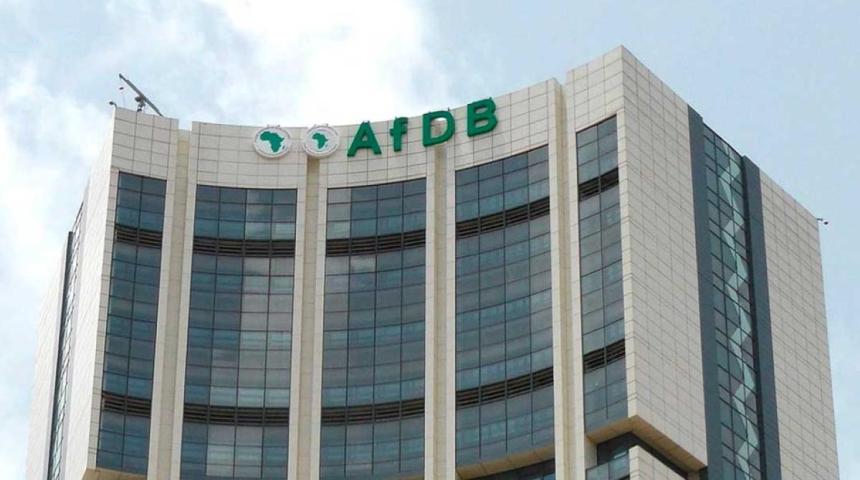Liberia and four other countries have signed an agreement committing to contribute at least US$1 million to the replenishment of the African Development Fund (ADF), the concessional window of the African Development Bank.
With nearly half its client countries as fragile states, the fund contributes to poverty reduction and economic and social development in least-developed African countries by providing concessional funding for projects and programs.
According to a statement, under the self-initiated agreement, the five-member constituency—The Gambia, Ghana, Liberia, Sierra Leone, and Sudan—will contribute to the ADF from its next replenishment cycle in 2025.
The signing took place on the sidelines of the African Development Bank Group’s 2023 Annual Meetings in the Egyptian resort city of Sharm El-Sheikh.
The agreement was signed by the African Development Bank Governors or Temporary Governors for the five countries, namely: Seedy Keita, Finance Minister of The Gambia; Dr. Mohammed Amin Adam, Minister of State at the Finance Ministry (signing on behalf of Finance Minister Ken Ofori-Atta); and Augustus Flomo, Deputy Minister for Economic Management of Liberia (signing on behalf of Finance Minister Samuel Tweah).
The others are Bockarie Kalokoh, Deputy Finance Minister of Sierra Leone (signing on behalf of Finance Minister Sheku Bangura); and Muhammad Bashar Muhammad, Sudan’s Undersecretary of Economic Planning (signing on behalf of Finance Minister Gibril Ibrahim).
The agreement highlights domestic revenue mobilization as a priority. It requires member countries to allocate at least $3 million yearly to prop up internal revenue flows, which in turn, will unlock more funds for accelerated development. Another priority area is expanding local private sector-led economic growth through support for small businesses, it said.
They also committed to investing $1 million to improve their shareholdings at the Bank Group. Altogether, each constituency member will invest at least $8 million annually from their national budget to implement the agreement, which also covers climate mitigation.
Rufus Darkortey, Executive Director for the constituency who witnessed the signing, said the agreement would allow the five countries to implement policies that would bolster economic resilience.
“It is a way of accelerating the pace of development and growth in our respective countries to complement the support we receive from our development partners,” Executive Darkortey said.
Keita said “The agreement was timely and would stimulate domestic revenue mobilization, which has become more critical in countries’ development efforts amid the current global economic headwinds.”
Kalokoh also welcomed the agreement. “It’s all about ensuring that the private sector is strong, and we are showing that commitment by this agreement to dedicate part of the national budget to implement and scale up these initiatives.”
Flomo said Liberia remained committed to the agreement with plans to increase its budget allocation to the selected sectors over time.
“We believe that working to build resilience and address issues such as climate change and contributing to the African Development Fund will help to strengthen the bank and also help ourselves,” he added.
Bashar from Sudan said: “Despite the sad situation in my country, we are committed to the agreement because it is the right step and in line with our development plans.” Ghana’s Adam said the agreement aligned with Ghana’s plans to increase domestic revenue from 15% in 2022 to 18.7% by 2026.
“Africa cannot always be at the receiving end, and this is why this agreement comes to play – we must take home-grown initiatives to support our development efforts while leveraging external resources,” he said.

